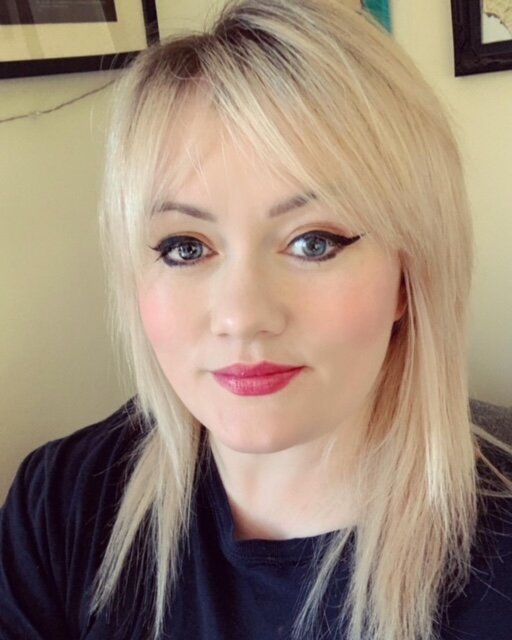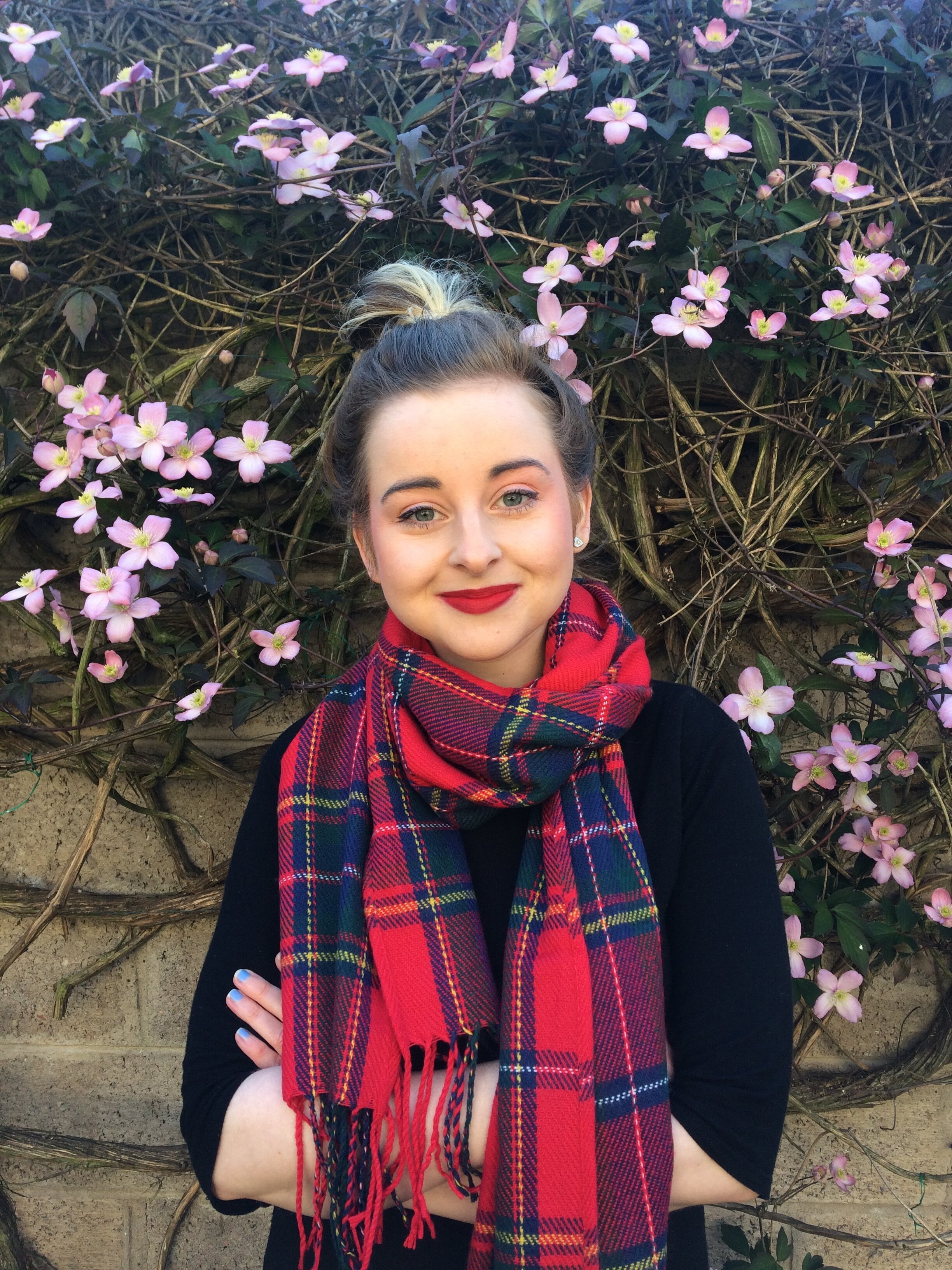The commended pieces for the Great Place Falkirk short story competition are here! They give a great flavour of the people and culture that make Falkirk, Scotland, so special. Read them below. The winner of the competition will be published in Issue 14.
X24
Rab indicates, gut leaning into the wheel, forearms spreading. He manoeuvres out of Cumbernauld and back onto the M80.
50 minutes to go, with the diversion along the M9. The Kincardine Bridge has been closed for a fortnight. Once he’s over the Queensferry Crossing it’s 15 minutes to the depot, then home.
Rainflecks sneeze across the windscreen. He flicks the wiper stalk.
The bus is fairly empty for a Wednesday, just a spattering of students going home and commuters wearing suits and trainers, a combination that’s always struck Rab as mental. Maybe that’s what it takes to earn 30 grand.
He would’ve been on that at the factory by now; he’d been supervisor by 27. He’d take Yvonne down the local Indian with a roll of twenties in his back pocket, Brut steaming off his shirt, cock of the walk. The cuts came out of nowhere and Rab had been one of the first. Redundancy packages don’t last.
The shelter at Forth Valley steams with would-be passengers. Agnes must’ve been up from Dunfermline for her chiropody. She’s no brolly and looks raging. “That’ll be me late fur the bingo noo, Rab,” she croaks, trundling up the steps without flashing her pass. She’s a wee troll but he’s fond of her.
A river of folk trickle on. A man he’s not seen before alights last. Cowed, he doesn’t look at Rab. His white hair has separated into dewy lines and his anorak is not sufficient. With effort, he jolts down the gangway. Rab can’t help but imagine what he is coming from, what he has just left behind in the hospital; it seems certain. He sits across from Agnes.
Laura Barbour is originally from Fife and teaches teenagers for a living. She likes good handwriting, coincidences and Simon and Garfunkel. Find her on Twitter: @dreamingisfree

The water blasts horizontally, battling with the frantic wipers. Rab turns the fans up. The diversion takes longer but it means that he’s now seen the Kelpies in real life. The first time, he’d been taken with how close they were, braying over the M9.
The beasts are twinkly in the dusk, red and green, presumably for Christmas. Rab can’t quite remember the story of them but he knows it’s something magic.
Rab needs to sort Yvonne’s gift. In their early days, he’d been over to Jenners for perfume and a scarf; she’d been thrilled. Over time, Jenners had faded to Boots, then Superdrug, and last year: Asda’s on the 23rd. Yvonne had been gracious about the eyebrow trimmer and vodka but had tensed when he tried to squeeze her boob in the kitchen.
The wipers are beginning to squeal.
There’s movement behind him. Agnes is up. She lurches across the aisle. Rab twitches.
A crumpled tissue is offered to the old man. His eyes raise.
An openness broadens Rab’s chest.
Motorway tapers into bridge. 20 minutes to go. It comes to Rab that, for Christmas, he’ll take Yvonne to see the Kelpies – at night, so she can see the lights. Maybe they’ll be new colours by then.
The rain peters out. Rab reaches up and turns off the wipers.
Of Martyrs and Men
In the shadow of William Wallace, stood Falkirk’s true hero and martyr; Sir John Steward of Bonkyl. The Battle for Falkirk in 1298 began at dawn, upon a hillside with six thousand pairs of eyes, overlooking an invasion of their marshlands. Men of bow, pike and spear stood steady in their formation, as a violent sea of fifteen thousand cavalries thundered towards them by the order of King Edward the 1st.
From across the Tweed, the iron hold of the King of England sought to wrap a noose around the fragile neck of Scottish sovereignty. Before the first man fell, a decision was reached by the sons of Falkirk; to transcend their sacrifice into a legacy for freedom, than to flee into the obscurity of history. As Wallace betrayed his post and sought a place of greater safety in the nearby woodlands, Sir John and his loyal battalion of archers stood like trees against an oncoming storm. Each man, unyielded by the towering battle-cries of the English, were defiant to surrender until their last breath. With arrows drawn to the sky, baring their duty like armour to the heavens, these men became a legend long before their bodies hit the ground. With each son of Falkirk that fell, a seed of hope was sewn beneath the soil, fathering future dynasties of freedom fighters.
Sir John and his archers, much like Kelpies in their mythological valiant nature, proclaimed allegiance to an unbreakable oath. Being that, no man, king, nor death in itself could erode the promise to protect the freedoms of men from tyranny. The blood and bones of these national heroes, that now lie beneath the fields of Falkirk, had given birth to the genesis of Scottish Independence. Their sacrifice for this great city, champions on, even today; beating like a war drum into the heart of its lands, the pulse of its rivers, and the minds of its people.
Sally Kerr is a Scottish Optimist who will be either the Prime Minister of Great Britain or a bestselling Erotic writer. She will let the universe decide.
The Greatest Wonder
The wheel raises from the dark water, grey steel against greying cumulus.
“Wan awe the greatest engineering wonders awe the whole wide world,” you said. “Coria, Coria are you listening to me hen.”
“Aye Da,” I said.
I was not listening. I was eighteen-years-old and worrying if Stephen Glenn would ever go out with me now I’d broken up with his best pal Gary. I’d been writing Stephen’s initials under mine since I was 13, working out our love calculations from the letters in our names. I didn’t expect Gary to love me; or realise how hard it would be to break someone’s heart. It seemed, without the context of bigger problems, unsurmountable.
“It’s a privilege to stand here Coria,” you said, taking photos as the boat touched the dull sky.
“The sun never shines in Falkirk,” I said, wondering if I was a damned person. If you could go to hell for breaking a heart.
“Dinnae be a misery guts,” you said. “Learn tae just be where you are.”
It was our turn on the boat then. You leaned over the seat to talk to an American, so proud to tell him we lived “just up the road in High Valleyfield.” The American said it sounded like a pretty place, and I laughed, till you gave me a kick.
“The wheel raises boats by 24 metres but the Union Canal is still 11 metres higher than the aqueduct which meets the wheel,” you said.
I was embarrassed, people were looking and listening, I pulled my hoodie over my ears, but I could still hear you.
“And do you work here Sir?” the American asked.
“Awe no, just an enthusiast me,” you said, started talking about lock flights or something. I closed my eyes and wished I could be somewhere else, or someone else, or something else entirely. The curlew slicing the sky as it follows a stream of wind, or a cod on a current up The Firth spiralling into open water, tossed into frothing sea, on into the horizon; away from our tiny corner.
I didn’t come back with you for another seven years, even though you dragged every visitor we had out to see the engineering wonder. Ed had just proposed. I was out of Fife, out of Scotland living in Germany while he completed his thesis. I was putting on airs, you said, forgetting my roots; but you liked Ed. He marvelled at your wheel, listened with genuine pleasure as you told him all the details you knew.
Nicole Le Marie is a Scottish writer based in London. Her poetry, fiction and journalism has been published in numerous journals, websites and newspapers. Find her on Twitter: @NicoleLeMarie

Another seven gone, and here we stand, on this land I have ached for; me, Ed and Johnny – named after you of course. I try to remember all the things you said about canals being joined, rotations and heights. Johnny only sees a boat rising in the sky, a big wheel: I just see you, hear you, wish I could sink into the sky and live those days again, bored silly by your side.
On the judging panel for this competition, Jen is proud to showcase creative talent from ‘just doon the road’ to an international audience. Read more from the competition at ourstoriesfalkirk.com/
